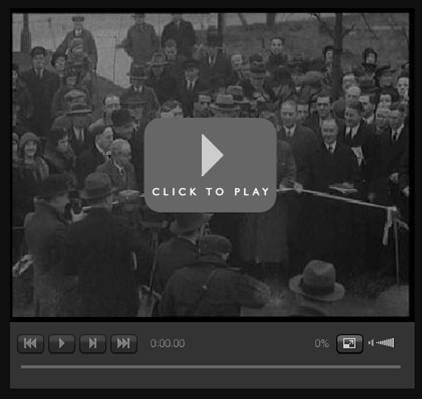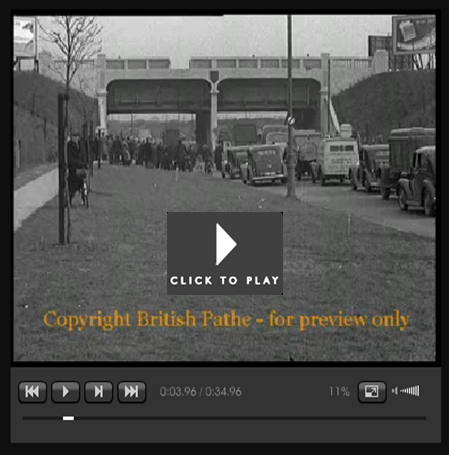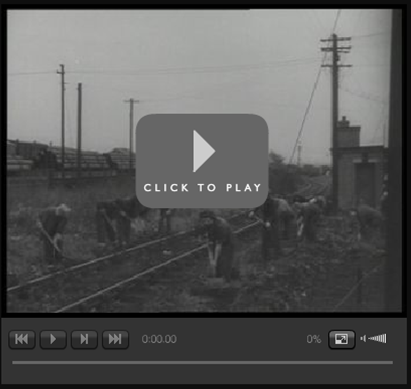 |
| Link to web site |
"...The City’s deflection of blame has much to do with its grip over political and media elites. In the initial post-war decades, the City’s power was curtailed. This was a time of 'broad and systemic regulation of finance', as economics professor Costas Lapavitsas puts it. 'The City in the middle of a socialist state is as anomalous as would be the Pope in Moscow,' declared Prime Minister Clement Attlee before he nationalised the Bank of England. Even many 20th-century Conservative politicians favoured state regulation of the flow of capital.
"That all changed when the Bretton Woods global system of fixed exchange rates came crashing down in 1971. The same year, Ted Heath’s Conservative government lifted the borrowing restrictions on banks.On the eve of her election triumph, Margaret Thatcher applauded the City for attracting 'no subsidies, no hidden subventions' — which, in hindsight, seems darkly ironic.
"... Our Establishment focuses its ire on the behaviour of groups other than the City: the unemployed, benefit claimants and immigrants. They have little political representation and weak lobby groups. The City elite plunged Britain into one of the worst economic disasters in modern history but its political power shields it from scrutiny or radical reform. And until this stranglehold is broken, little will change."

















No comments:
Post a Comment